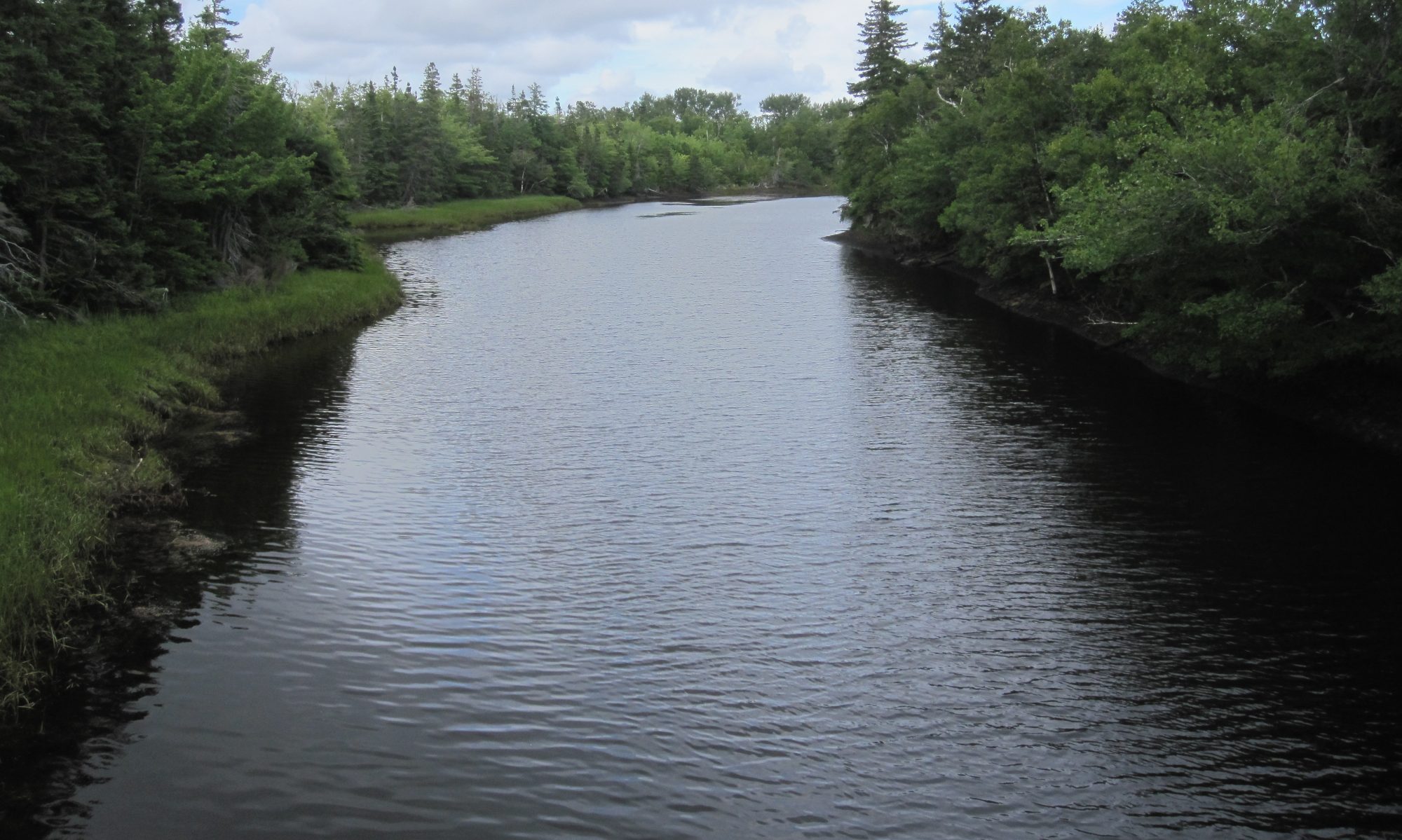Dr. Douglas R. Brown
Douglas is an expert in sustainable, resilient smallholder agriculture and the micro-economics of development at the household and community level. Until recently, he served as Director, Agriculture and Food Security in the Resilience and Livelihoods Team of World Vision International, where he was responsible for the promotion of sustainable, productive and resilient agricultural livelihoods across the World Vision (WV) Partnership, internally through the development of organizational strategy, policy and practice as well as in external relationships. He played a key role in developing partnerships with, for example, FAO and HarvestPlus and in the establishment of the Evergreen Agriculture Partnership and the Africa CSA Alliance (ACSAA) and the promotion of Farmer Managed Natural Regeneration (FMNR).
From 2009-2010, he was Assistant Professor in the Department of International Studies and Glendon College, the bilingual Liberal Arts campus of York University.
Prior to joining York, he worked with World Vision International’s Climate Change Response Initiative (CCRI) as their Climate Change Adaptation Specialist — helping to ensure that World Vision programming addressed the underlying causes of vulnerability to climate change and facilitating the process of adaptation. Other work included involvement in the Canadian Coalition on Climate Change and Development and World Vision’s response to the Global Food Crisis where he played a key role in development of World Vision’s global agricultural strategy. Within World Vision, he has also served as Research Advisor to the Southern Africa Livelihoods Emergency Response and before this as Senior Sector Specialist, Environment and Natural Resource Management at World Vision Canada. His role focused on ensuring that children, families and communities benefit from a transformational development process that facilitates sustainable improvements to household livelihoods and well-being while ensuring wise stewardship of the natural resource base on which they depend.
He completed his Ph.D. in the Economics of Development at Cornell University, Ithaca, N.Y. in 2004 with minors in Conservation and Sustainable Development and in Resource Economics. His research in Cameroon and Kenya focused on the relationship between household resource management decisions, poverty and environmental degradation.
Prior to his doctoral studies he worked for over 10 years at the grass roots level in agricultural and community development in the Democratic Republic of Congo (DRC). His international experience began through a 4 month cross-cultural exchange to the Philippines and his subsequent work has taken him to Bolivia, Ethiopia, Ghana, India, Kenya, Lesotho, Malawi, Mali, Mozambique, Niger, Peru, Senegal, South Africa, Swaziland, Tanzania, Uganda, Zambia and Zimbabwe. Douglas has a B.Sc. in Agriculture from the University of Guelph.
He has been a member of the Canadian Agricultural Economics Society and the Canadian Association for the Study of International Development (CASID) and is currently a member of the Association of Christian Economists.
Douglas is fluent in English, French and Lingala.
More information is available on Devex, LinkedIn and Research Gate.
Dr. Carolyn Peach Brown
Carolyn is an expert in environmental and community-based natural resource management with almost 30 years of international experience. She is currently an Associate Professor and UPEI’s Director of Environmental Studies, a multidisciplinary liberal arts and science program.Prior to this she was a Social Sciences and Humanities Research Council of Canada Postdoctoral Fellow in the Global Environmental Change Group, Department of Geography, University of Guelph. Her current research focuses on institutional arrangements for climate change adaptation in the Congo Basin.
She obtained her Ph.D. in 2005 from Cornell University in Natural Resource Policy and Management with minors in Adult Education and Conservation and Sustainable Development. Her research for her doctorate focused on strategies for community-based management of non-timber forest products in Cameroon.
Prior to her doctoral studies, Carolyn gained extensive grass roots experience in program development, facilitation and evaluation, through working in the Democratic Republic of Congo in partnership with a national organization in capacity-building of civil society groups for agricultural and community development. In addition, through the use of participatory monitoring and evaluation workshops, she trained national leaders to evaluate community health and development activities.
Carolyn has also written on linking policy and poverty reduction strategies for the forest dependent poor. With a strong background in ecology, she also has competencies in stakeholder consultation and qualitative and quantitative methodologies of research. In her work, Carolyn places an emphasis on issues related to gender equality and the inclusion of ethnic minorities in natural resource management. Carolyn has lectured in the Departments of Capacity Development and Extension and Rural Planning and Development in the School of Environmental Design and Rural Development at the University of Guelph. She has also been a lecturer at the University of Toronto, in the Faculty of Forestry. In addition to her Ph.D., Dr. Brown holds a Bachelor of Science (Honours) in Biology from Acadia University and a Master of Science in Zoology from the University of Guelph.
She is a member of the following organizations: Canadian Evaluation Society; International Association for the Study of the Commons; Commonwealth Forestry Association; American Scientific Affiliation; Guelph Field Naturalists.
Carolyn is fluent in English, French and Lingala.

